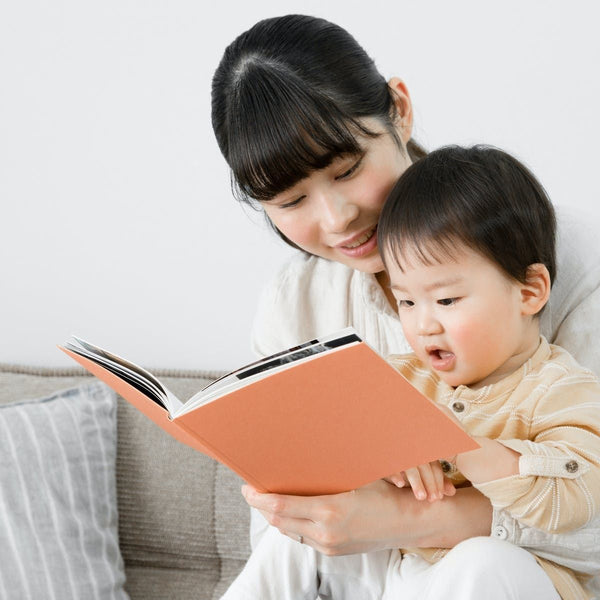The Truth About What to Avoid During Breastfeeding

What to avoid during breastfeeding? Is eating chocolate safe while breastfeeding? What’s the effect of diet in the amount and composition of breast milk? Does alcohol get into breast milk? How much caffeine can you safely consume? What are the foods to avoid?
Here in this comprehensive article we’ll discuss the answers to those questions. We’ll tell you the answers based on recent scientific researches, evolution and biochemistry. Let’s start.
First, does diet really affect breast milk?
Short answer is no. That’s because humans evolved to survive and endure varying kinds of diet. It’s especially the case with caring for the babies through breastfeeding. The composition of breast milk doesn’t vary at all with a change in diet.
That’s good news. However, it’s not an excuse to splurge on meals and snacks. After all, a poor diet and unhealthy lifestyle will still affect you as a mum. Remember that a healthy mum can best care for her baby.
In other words, maintain a healthy diet and eat more fruits and vegetables. These will better equip you to provide better care for your baby. Remember that you’re most likely to be deprived of sleep and nutrients. Diet has more to do with your health than that of the baby’s.
What about alcohol?
It’s not 100% certain. But to be safe, just stay away from alcoholic drinks during the breastfeeding period. Whether it’s a BBQ party or a simple get-together, stay away from alcoholic drinks. This is the ideal way to ensure that alcohol won’t cause any issues to your baby.
Some say that you can still drink alcohol and the baby will remain safe if you just plan ahead. After all, it takes just 2 hours for 1 standard alcoholic drink from your bloodstream to get flushed out or processed. Once the alcohol gets flushed out from your body, there’s no way it can get into the milk.
However, the amount of alcohol (and its concentration) and the time can be hard to estimate and track. That’s why it’s still best to stay away from alcoholic drinks for a while. This way, there will be no risks and you won’t be worrying if it indeed has effect on the breast milk.
How much caffeine can I safely consume during breastfeeding?
About 1% of the caffeine you take in gets into the breast milk. In addition, due to the babies’ small and developing bodies, they process the caffeine much longer and differently. For example, newborns might need 80 hours to process the caffeine.
That’s why mums are advised to observe moderation when it comes to drinking coffee, energy drinks, milk chocolate and green tea. In general, it’s still safe to drink a few cups of coffee each day. After all, sleep-deprived mums need an energy boost when caring for their babies. Just remember to consume only moderate amounts. Also take note that 60 minutes after drinking the coffee, the caffeine in your breast milk reaches the peak level. Plan ahead or just limit your caffeine consumption.
What about mums’ reports on baby allergies, fussiness and other issues?
Some mothers after eating a particular food have reported that their babies experienced allergies. Does it really mean diet has a strong effect to breast milk?
The answer is still no. As mentioned earlier, nature can be forgiving and mums have developed to produce quality breast milk no matter the type of diet (or no matter how scarce the food). For example, does eating pineapple affect breastfeeding? Will it cause allergies? The answers are still no.
But what if diet really affects breast milk? It’s still impossible to pinpoint the exact food or ingredient that is responsible for allergies and other reactions. It’s hard to know for sure if parsley, garlic, pepper or other ingredients that’s causing the allergies, sensitivities and other issues. It’s also possible that food has nothing to do with those. Perhaps it’s the weather, environment or an infection. It’s recommended to ask a paediatrician right away if you noticed unusual behaviour or reactions.
What about fish and mercury?
Babies are the most susceptible to mercury’s effects due to the newborns developing brains and bodies. In fact, even low doses of methylmercury (a form of mercury that binds tightly to fish protein) can affect the babies’ vision and cognitive skills.
Many mums are already aware of this which is why they avoid fish in their diet (or strictly limit their consumption). This is to prevent methylmercury from entering the breast milk. However, it’s mentioned earlier that diet has no effect on the breast milk’s composition. Still, it’s best to limit consumption of fish and other seafood to minimise the risks.
What foods to eat to increase milk supply?
Aside from asking which foods to avoid, many mums also ask which foods to take in to increase milk supply. After all, breast milk contains both macro (fat, protein, carbohydrates) and micronutrients (e.g. Vitamin D, B12). In addition, breast milk contains bioactive factors that aid in healthy biological functions.
That’s why mums are also worried about the amount of breast milk they produce. Are there foods or drinks that will help with this? The answer is none.
If you need to increase your milk supply, best thing to do is to breastfeed more often to compensate for low amounts. As your body adapts, the amount of breast milk will increase. However, this might take a week or longer for the increase to be noticeable.
Keep a sensible diet and stay healthy
Breast milk is the best sole food source for babies (especially during his or her first 6 months). It’s natural to learn everything there is about breastfeeding. As a mum, you want to be careful in everything especially in your diet.
The key is to keep yourself healthy if you want to provide the best care for your newborn. After all, a good physical health will also help you become mentally and emotionally healthy. This is important if you want your baby to receive the best loving care.







